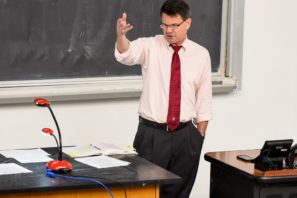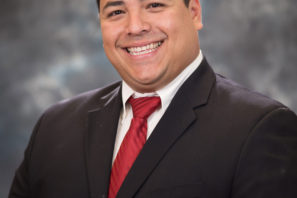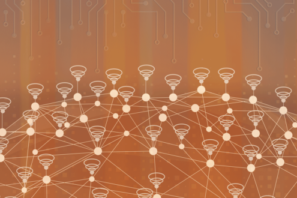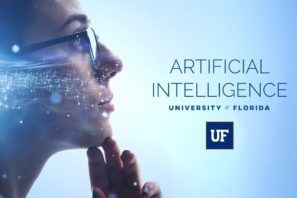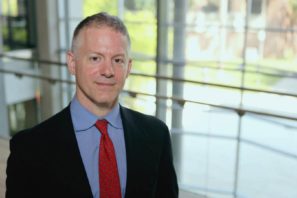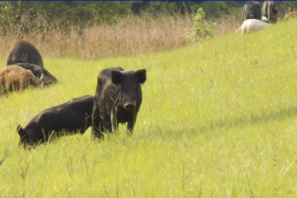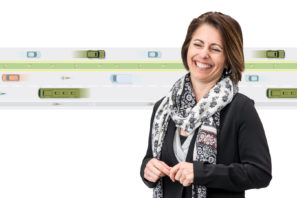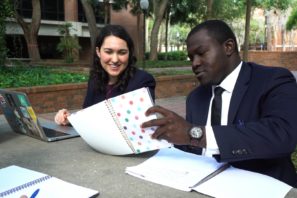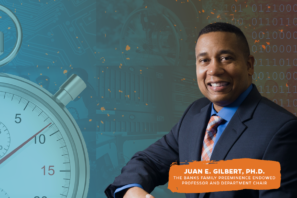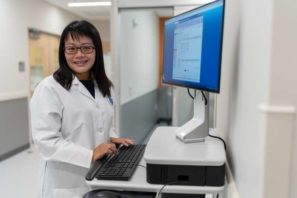The article focuses on Governor DeSantis’ proposed Transparency in Technology Act, whose goal is to protect Floridians from censorship.
To solve the elusive medical mystery of why many adults have both high blood pressure and depression, University of Florida Health researchers took a long, in-depth look at one suspected culprit: gut bacteria.
Diego Alvarado believes it’s vital that society understands the role artificial intelligence plays in everything we do.
“Everybody is calling it the new electricity,” said Alvarado, an instructional assistant professor at the Herbert Wertheim College of Engineering at the University of Florida. “It’s under the hood of almost everything. We need to be able to understand it.”
While data science experts create algorithms, embed programs and study machine learning, Duncan Purves asks what ethical issues could arise.
On a hot, muggy morning in July 2020, University of Florida President Kent Fuchs announced an astonishing $70 million public-private partnership between UF and NVIDIA, thus making artificial intelligence (AI) the centerpiece of a major, long-term initiative combining world-class research infrastructure, cutting-edge analysis and a revolutionary approach to curriculum.
R. Perry Frankland Associate Professor of Management and two co-authors won first place at the U Penn Wharton People Analytics Conference.
Feral pigs cost the agriculture industry at least $1.5 billion in damage, disease and control costs around the United States annually, running rampant on large swaths of grazing lands.
Lily (Ageliki) Elefteriadou is the 2021 recipient of the American Road & Transportation Builders Association’s S.S. Steinberg Award.
The 2020 HiPerGator Symposium focuses on active research applications of Artificial Intelligence (AI) at UF.
From faculty with expertise in AI and analytics to courses and degree programs to the most advanced technical resources, Warrington has what you need to develop your foundation in AI and analytics.
Juan E. Gilbert has created a ticketing system to help voters maintain social distancing while exercising their right to vote.
University of Florida researchers are developing a new artificial intelligence tool that will help clinicians identify high-risk patients for opioid use disorder and overdose.

